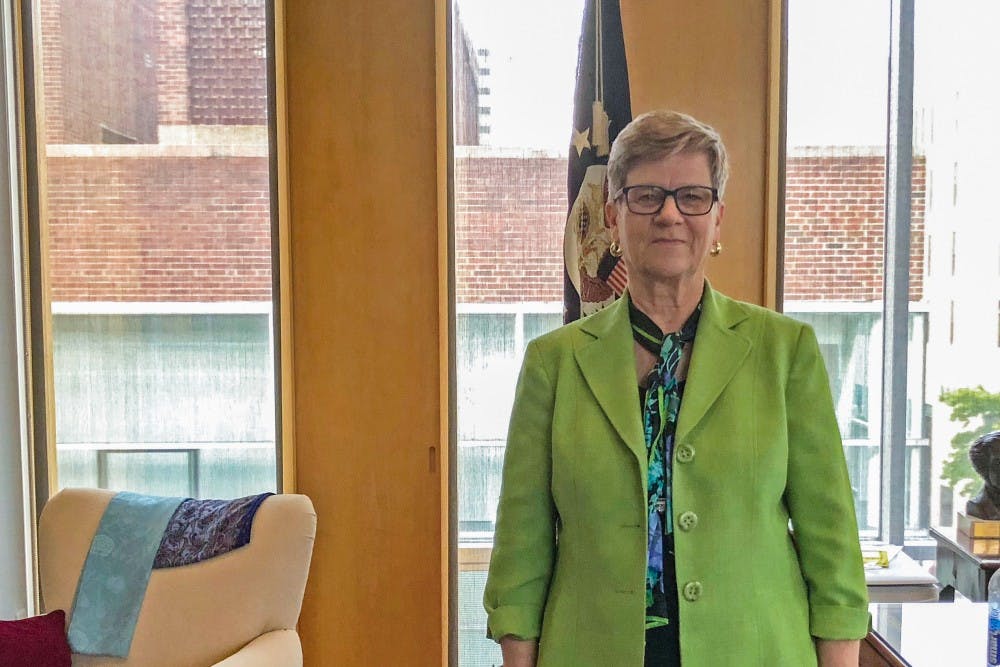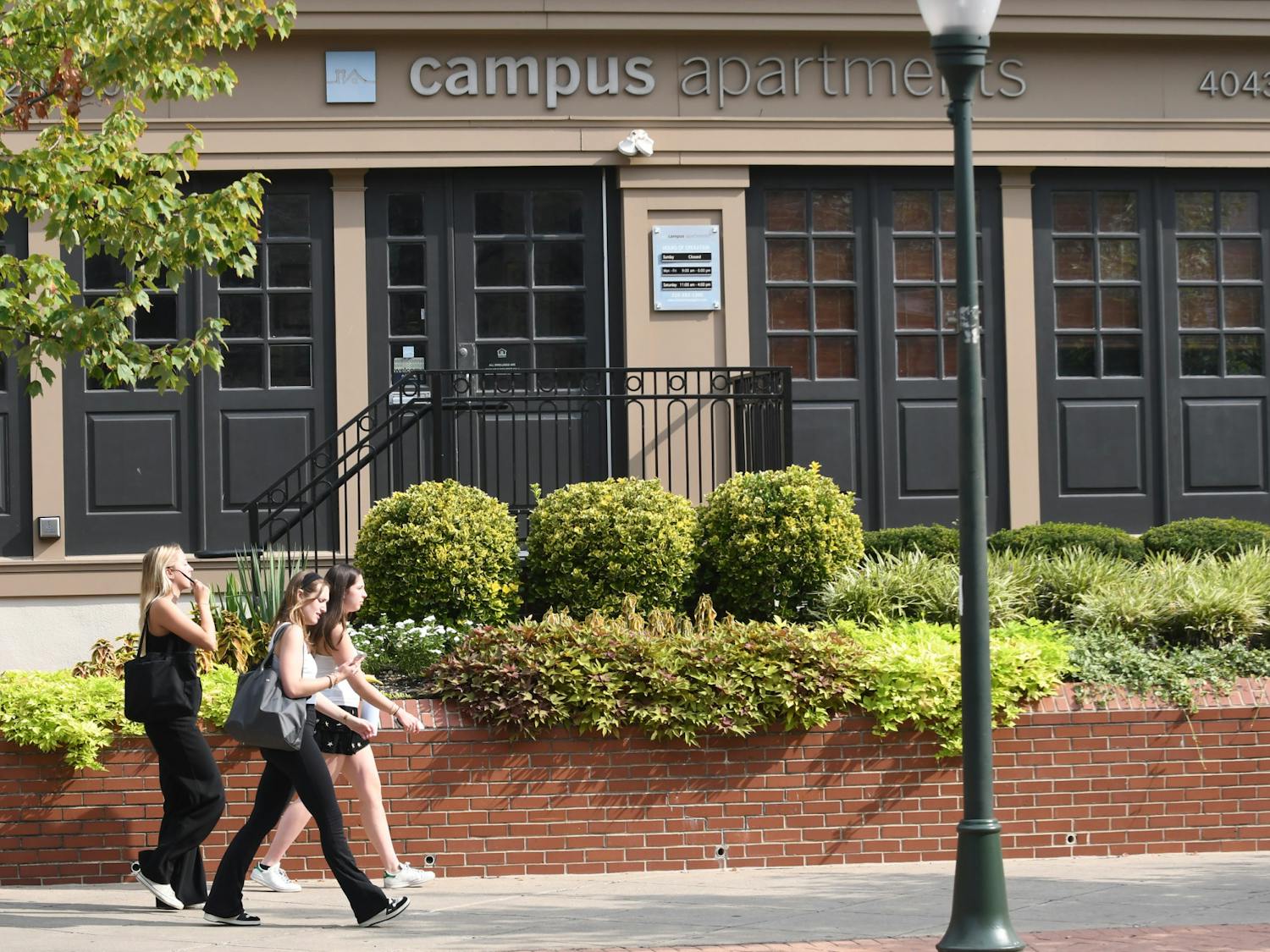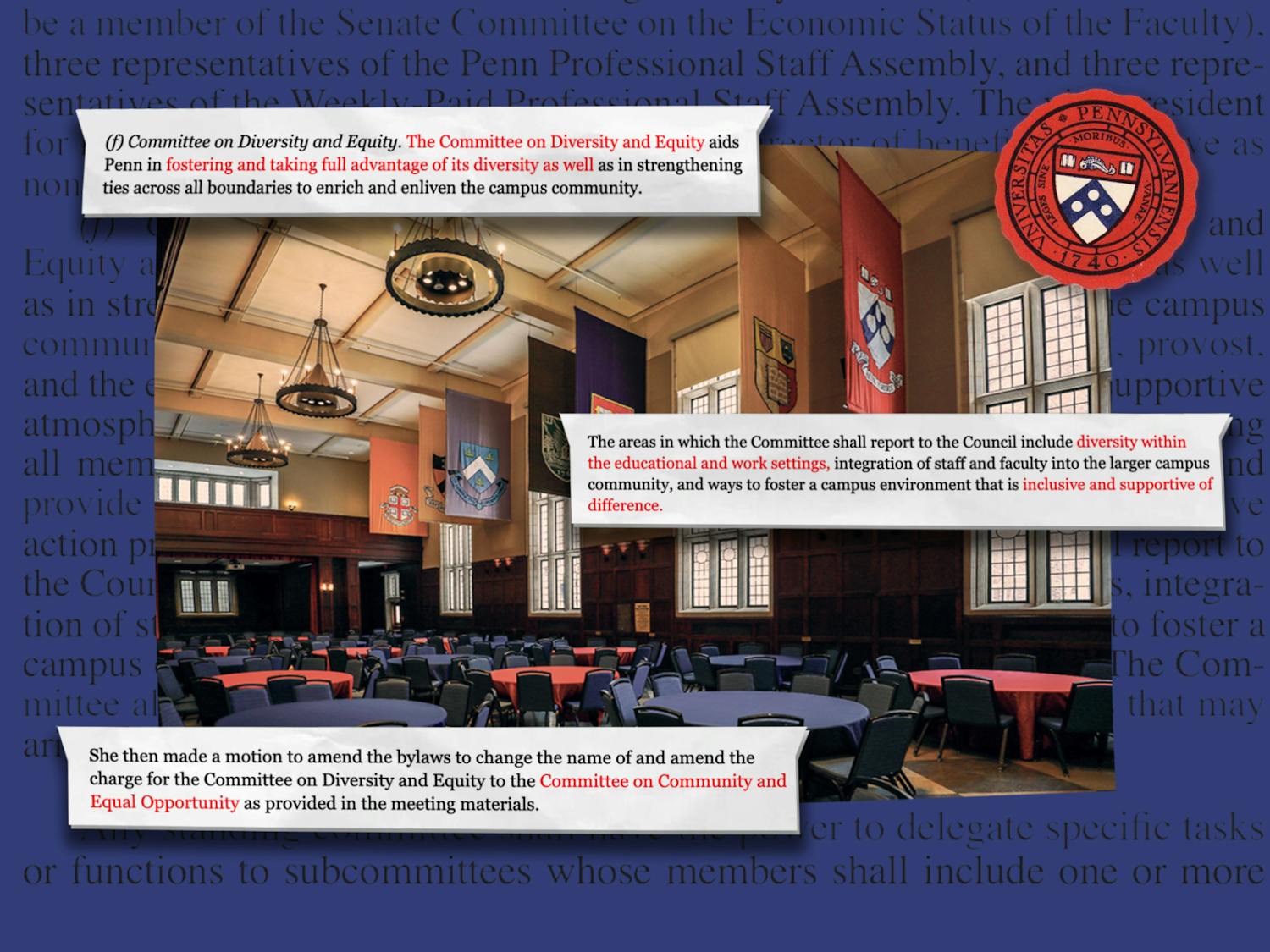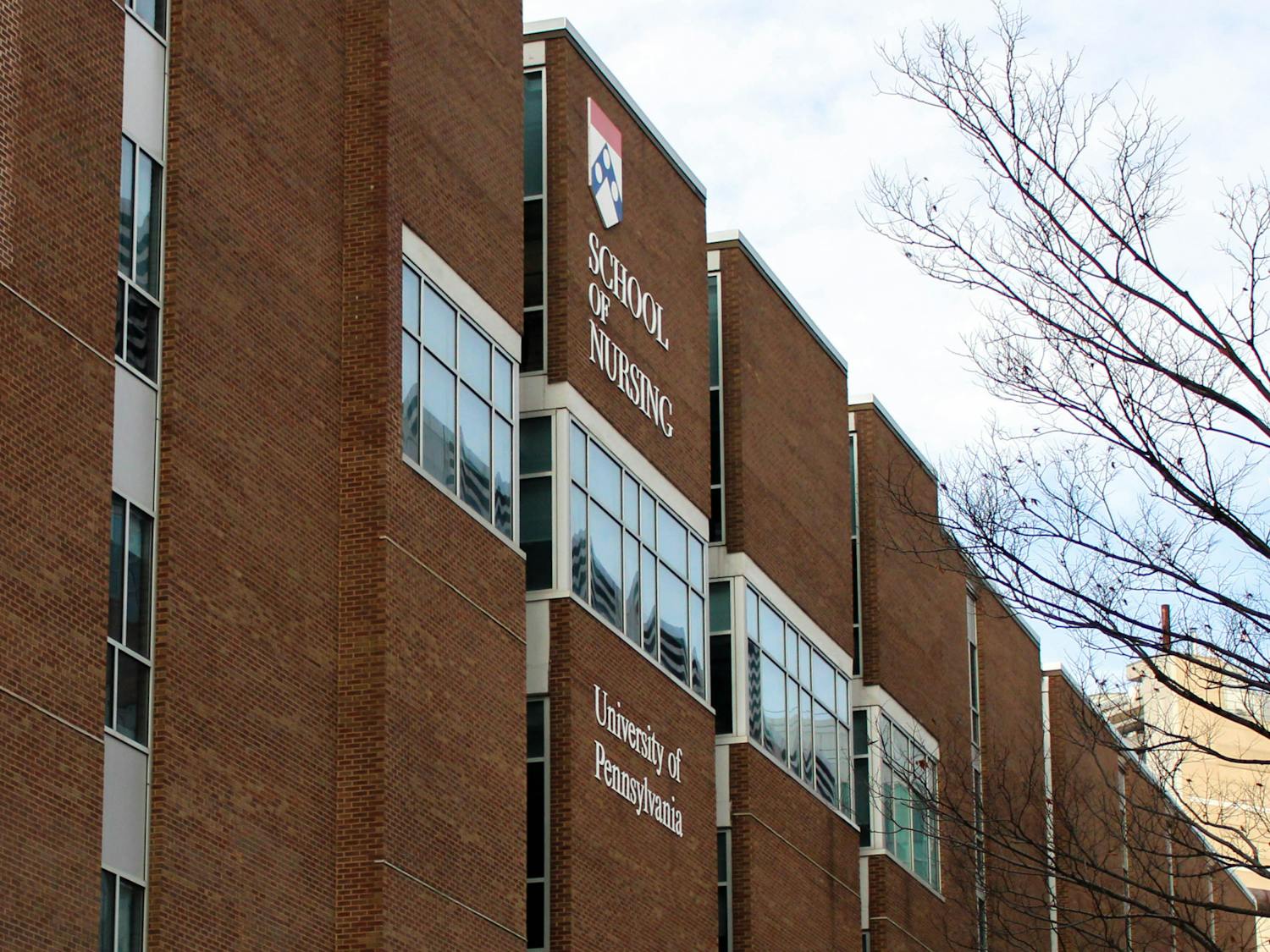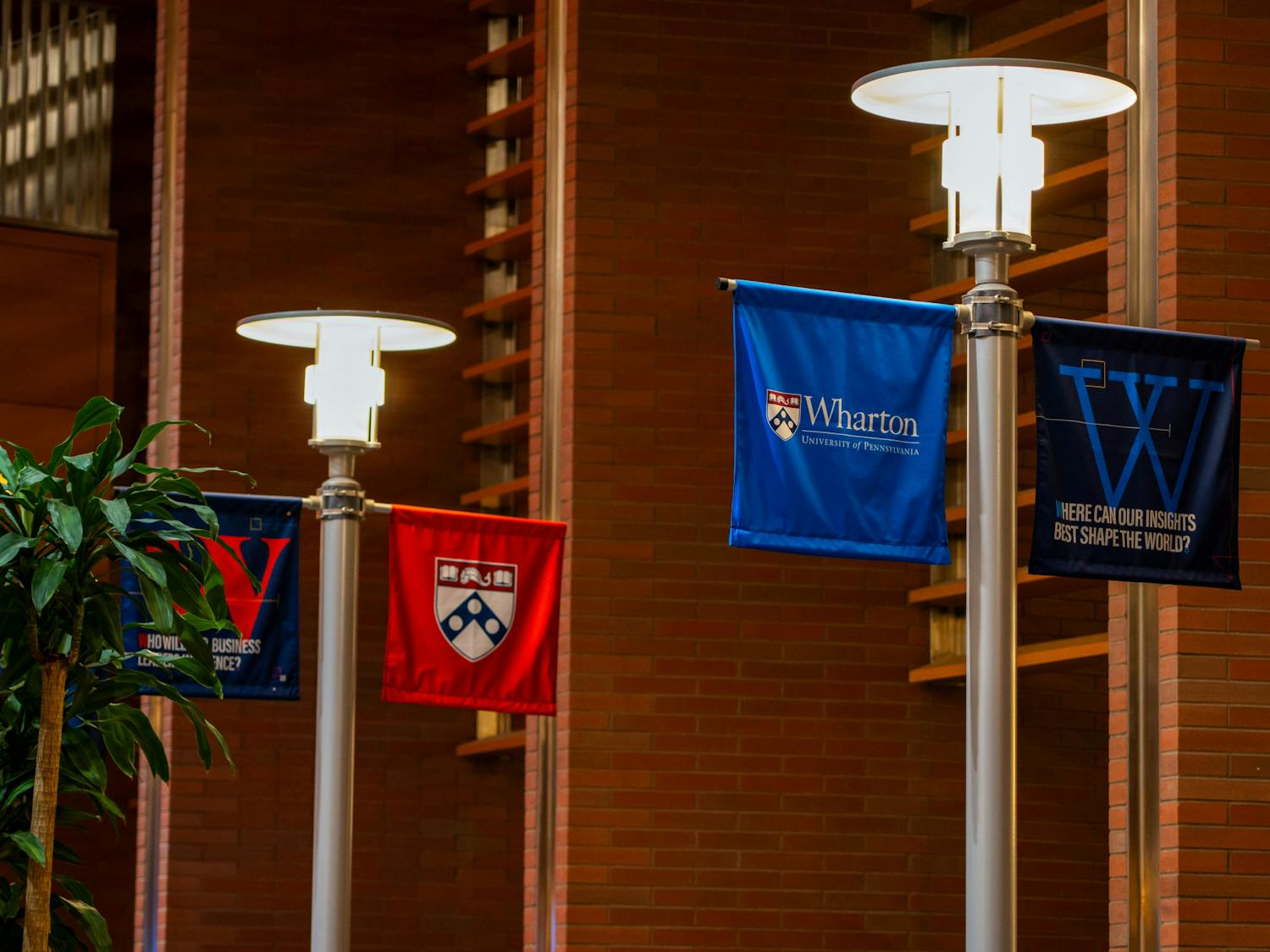To counter waning trust in scientific research, an article co-authored by Annenberg professor Kathleen Hall Jamieson is calling on scientists to be more transparent about their methods and to abide by the norms of scientific research.
In the article, published on Sept. 23, the authors said that public trust in science has fallen in recent years due to repeated incidents of scientific misconduct, the occasional inability of scientists to reproduce key findings, and frequent retractions. To counteract this downward trend, the authors propose that in order to cultivate trust in science, researchers must make it evident to each other and to the public that their studies respect scientific norms.
The Annenberg Public Policy Center conducted a survey this year to discover what criteria American adults consider when assessing the trustworthiness of a scientific study. The survey, which Jamieson cited in her article, found that 68% of respondents take the transparency of the scientists’ methods and data into account and 63% said that full disclosure of the individuals and organizations that funded their research is important.
The authors said that it is essential to maintain transparency and integrity in research and to disclose competing or otherwise relevant evidence. The article also states that checklists and badges must be more widely adopted to ensure that scientific standards are being met.
Jamieson and her co-authors said the absence of clear signals of scientific integrity is concerning to the scientific community.
“Scientists and the custodians of science would do well to signal to other researchers and to the public and policy makers the ways in which they are safeguarding science’s norms and improving the practices that protect its integrity as a way of knowing," the authors said.


